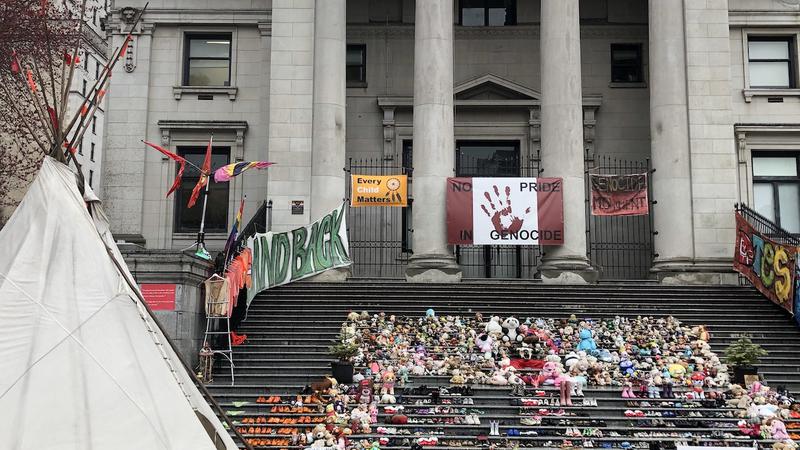
ROTHENBURGER: In search of a definition for residential-school denialism
THE STORY of a skeptic who showed up at the Kamloops residential school with a shovel in hand, ready to start digging for unmarked graves, came to light in an unusual way.
It was revealed in the interim report of Kimberley Murray, the federally appointed special interlocutor for missing children and unmarked graves and burial sites associated with residential schools.
“Denialists entered the site without permission,” she stated in her report. “Some came in the middle of the night, carrying shovels; they said they wanted to ’see for themselves’ if children are buried there.”
Wire services picked up on it and put it at the top of their stories about Murray’s report, which covered a lot of other ground in its 175 pages. Local media plucked it out of the wire-service articles for their own stories.


